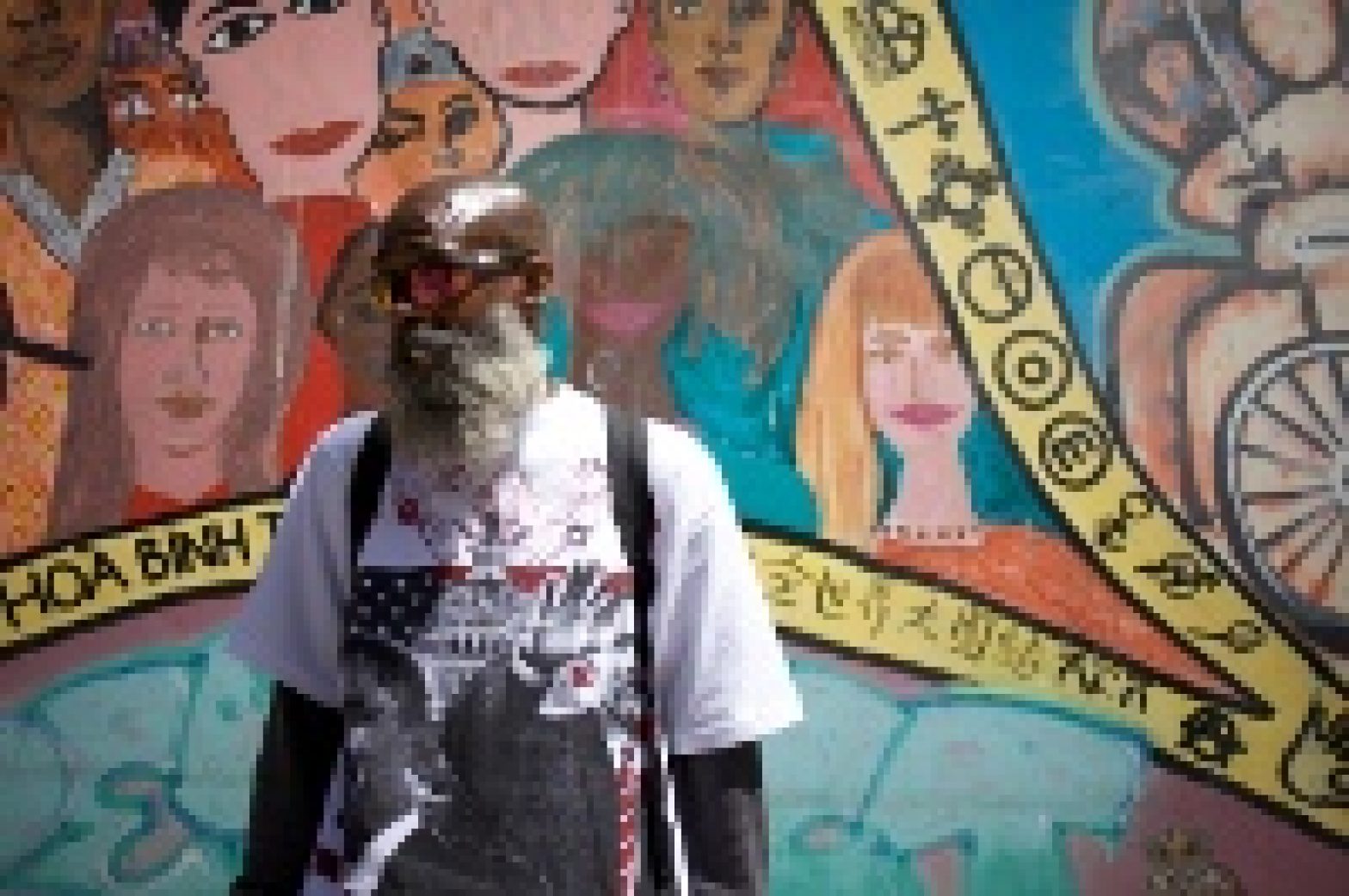Land use
Earthquake readiness tips for 2010
Local experts released a report in 2009 identifying thousands of residential buildings in the city that a major quake could render unlivable — and that was just based on a partial survey. And with seismologists saying that there’s a 63 percent chance the Bay Area will suffer a powerful earthquake within the next 30 years, there is a need to act soon to remedy the problem.




